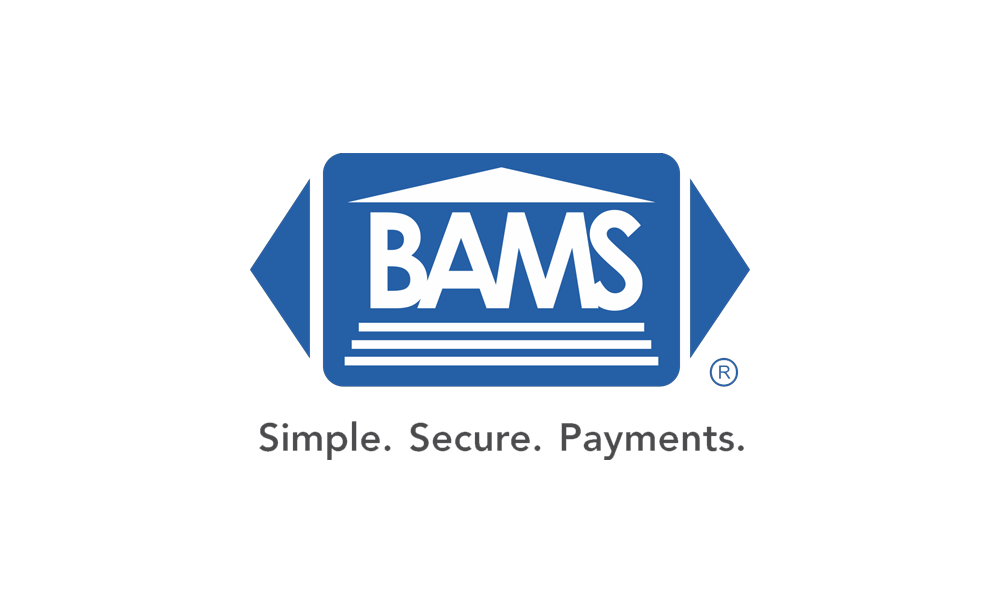Cost-Effective Payment Gateways
Payment gateways are one of the most important parts of the technology stack that drives every merchant’s ability to accept electronic payments of all types. Because you need a gateway of some kind to sell, choosing the right one is an important part of setting yourself up for success, minimizing fees, and ensuring your payment processing is something you never have to think about during daily operations.
One important consideration when seeking out a cost-effective payment gateway is how that gateway integrates with your overall payments system. Generally speaking, you have two options:
- A one-stop third-party payment processor like PayPal or Square that includes both payment processing and the payment gateway in a single system
- A separate merchant account and payment gateway that work together seamlessly, but are two distinct products
Cost-wise, third-party platforms like PayPal are almost always more expensive than a combination of a traditional merchant account and a top stand-alone gateway. The extra cost is partly the price merchants pay for the easier application process required by third-party processors, but there are limits to how much that’s worth.
On the other hand, using a separate merchant account and gateway introduces two sets of fees, but, even combined, those fees will generally be lower than what you can expect to pay through a company like PayPal, which charges 2.9% + $0.30 on each transaction (as a base fee!) The right gateway combined with the right merchant account will almost always beat such high rates. And, today, partnerships between gateway providers and processors are becoming more and more common, meaning you can often still get everything you need in one place, enjoy a high level of convenience, and benefit from lower transaction fees.
Common Payment Gateways and Pricing Structures
In most cases, stand-alone gateway fee structures are made up of two components: a small flat fee charged on each transaction processed, and a flat monthly fee. The benefit of this structure is that there is no percentage fee – a major drain on profits, especially for merchants selling high-ticket products. The only downside is that the monthly fee can be a pain for very small or hobby merchants who only do sales in the hundreds of dollars each month. However, for the vast majority of merchants selling on a full-time basis, a stand-alone gateway is the best, most cost-effective choice. The following is a rundown of what the fee structures look like for three top payment gateways – one stand-alone system, one hybrid system, and one all-in-one system.
Stand-Alone Gateway: NMI
NMI is an industry leader in payment gateways, and while they don’t provide direct pricing on their website, it is possible to see what their gateway services cost after being marked up by their payment processing partners.
Generally speaking, NMI payment gateway customers can expect to pay a flat fee of $10 per month and $0.05 to $0.10 per transaction processed. The low monthly fee, low per-transaction fee, and wide availability through payment processors and ISOs make NMI not only one of the most affordable gateway solutions available, but one of the most cost-effective, as well.
NMI also offers full-commerce enablement – a vertically integrated system that allows merchants to get their payment processing, their gateway, and everything else they need through one of NMI’s processing partners, while still maintaining the pricing and quality advantages of their core stand-alone gateway product.
All-in-One Gateway: Braintree by PayPal
Braintree is owned by PayPal and, like PayPal, it offers an all-in-one service that includes both payment processing and a payment gateway in a single system. Unlike PayPal, Braintree provides you with your own merchant account and MID, rather than pooling your transactions through their own master account.
Braintree charges no monthly fee, but you’ll pay 2.59% and a whopping $0.49 on each transaction processed. Compared to a standard PayPal account which charges 2.9% + $0.30, it’s clear that, despite the extremely high flat fee, the lower percentage fee benefits merchants that sell higher-ticket items. Braintree also offers ACH payment processing at a rate of $0.75 per transaction, and Venmo at 3.49% + $0.49 per transaction.
Hybrid Gateway: Authorize.Net
Authorize.Net is one of the oldest and most well-known players in the gateway space. They offer a hybrid model in which you can choose either an all-in-one system that includes both a gateway and a merchant account, or a standalone gateway to use with your own separate merchant account.
The all-in-one option is $25 per month, plus 2.9% and $0.30 on each transaction processed. The gateway-only option is $25 per month plus $0.10 on each transaction and a daily $0.10 batch fee. It’s worth noting that while Authorize.Net offers great products, its high monthly fee makes it more expensive than both NMI’s standalone option and PayPal’s all-in-one option.
Merchant Account–Gateway Integration
If you choose a standalone gateway like NMI, selecting the right merchant account to go with it is crucial to ensuring your overall fees come in as low as possible each month BAMS merchant accounts offer seamless integration with all the industry’s top payment gateways, and the BAMS interchange-plus pricing model ensures your merchant transaction fees will always dynamically adjust to be as low as possible.
To find out more about how a BAMS merchant account can help you access the best gateway for your needs while slashing your merchant fees, get started with a free five-point price comparison today.




